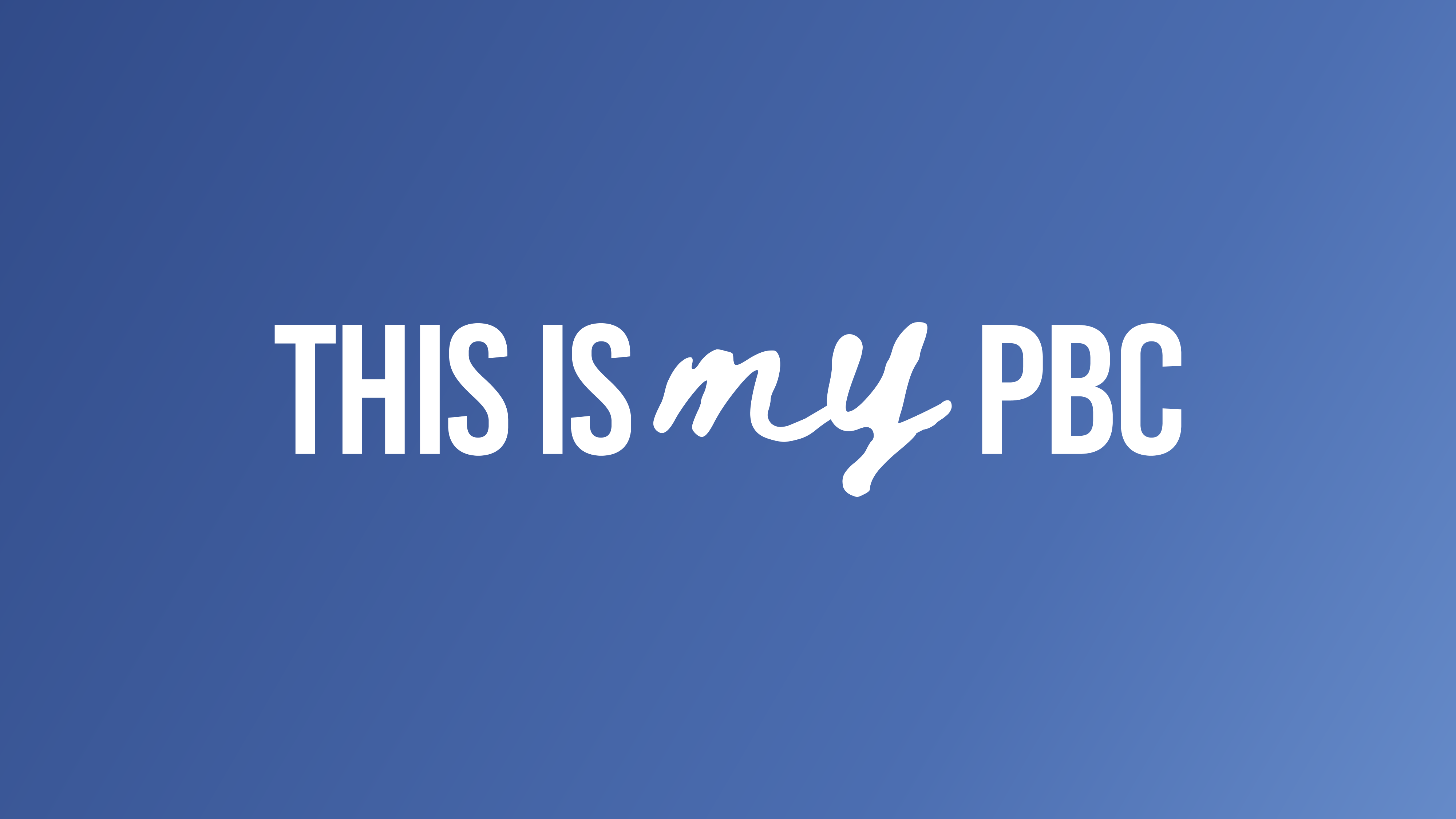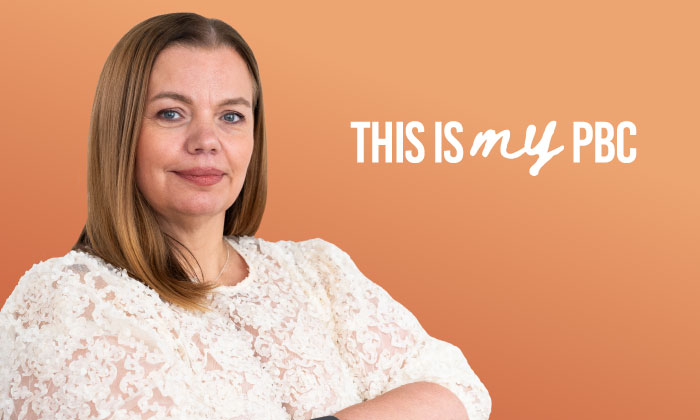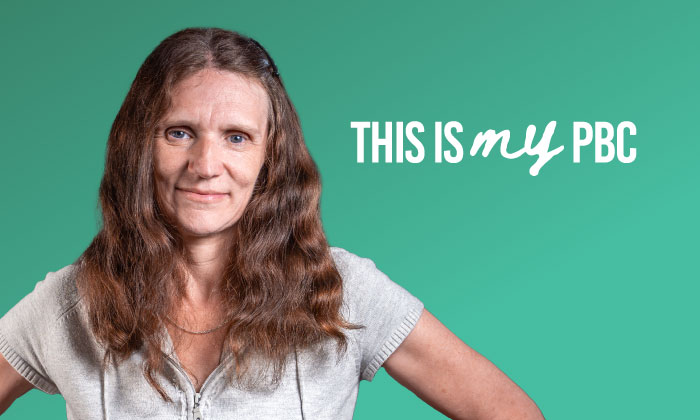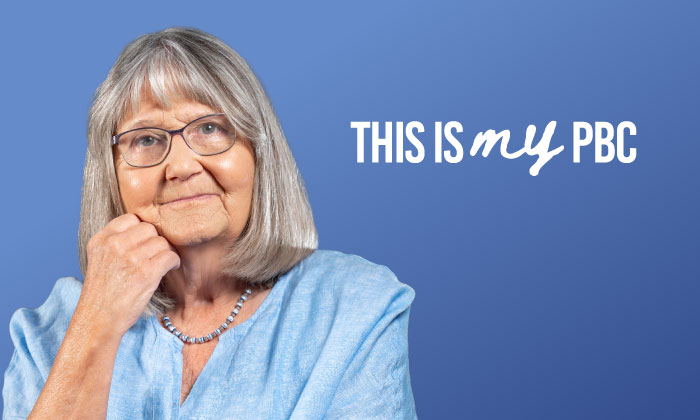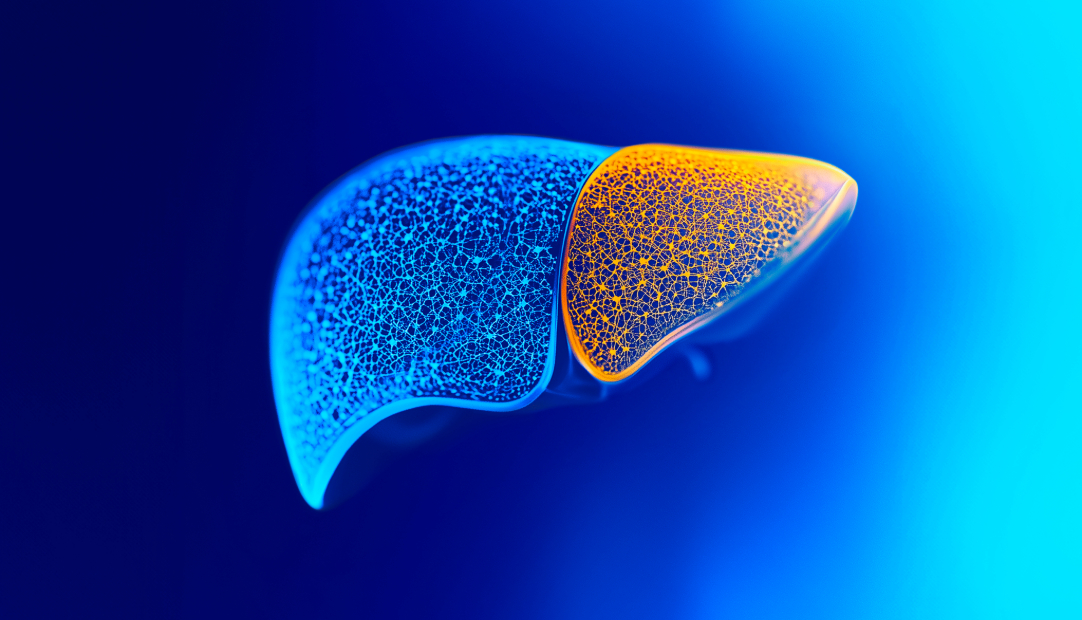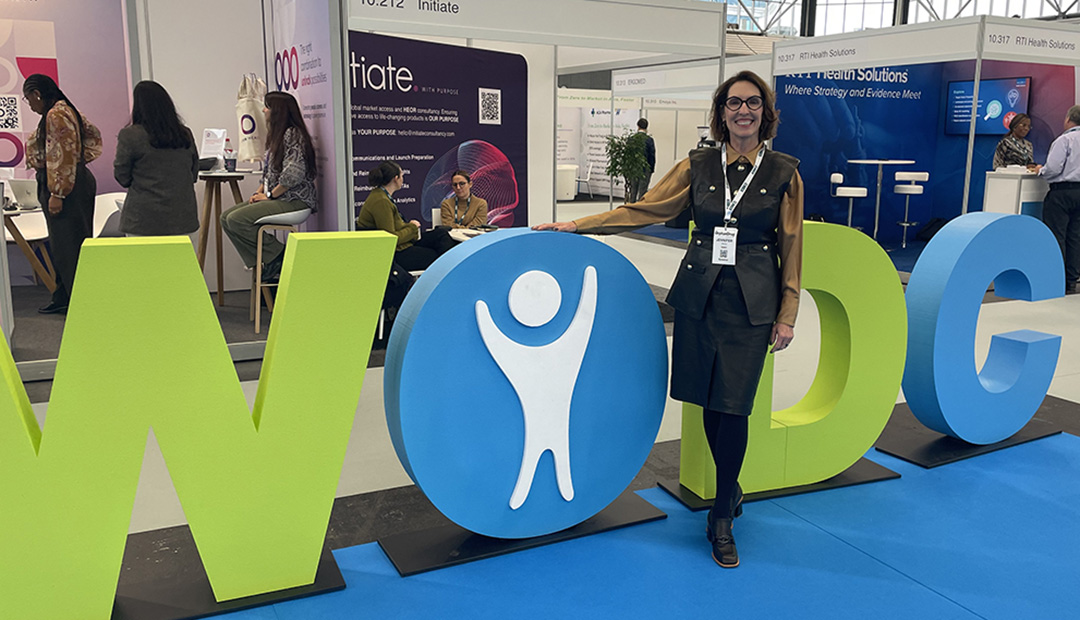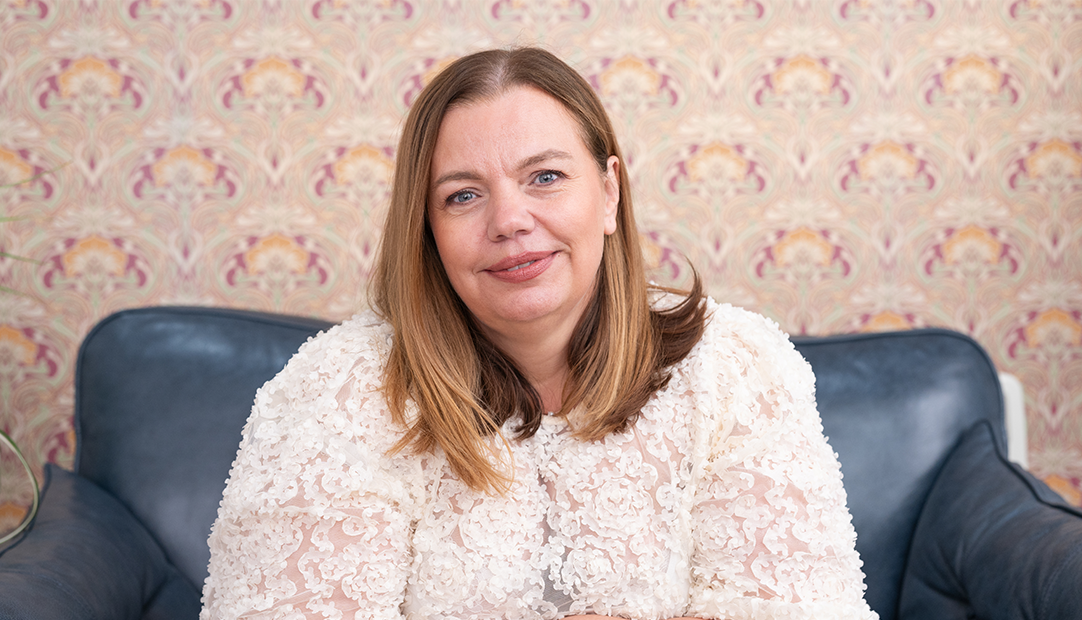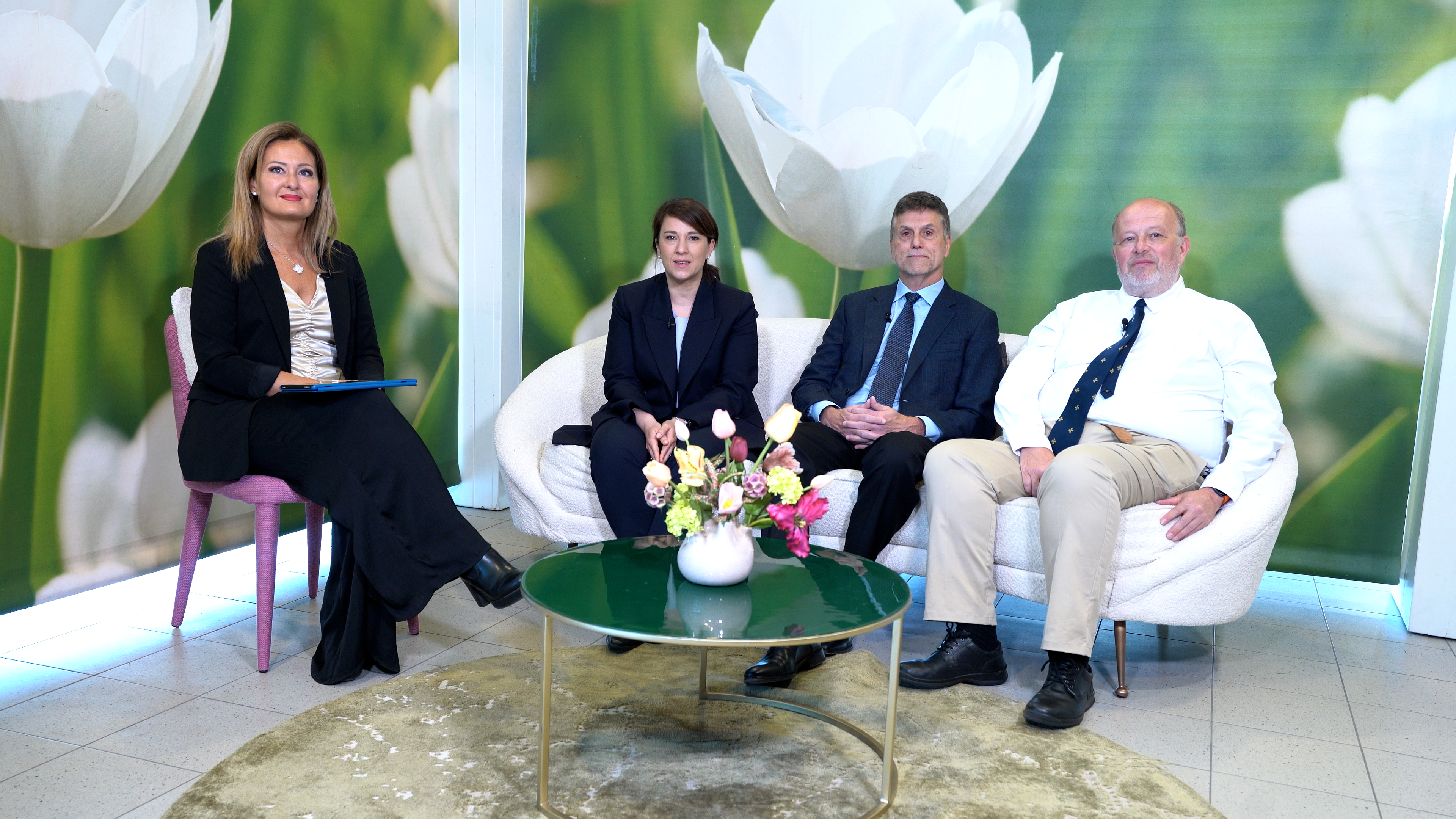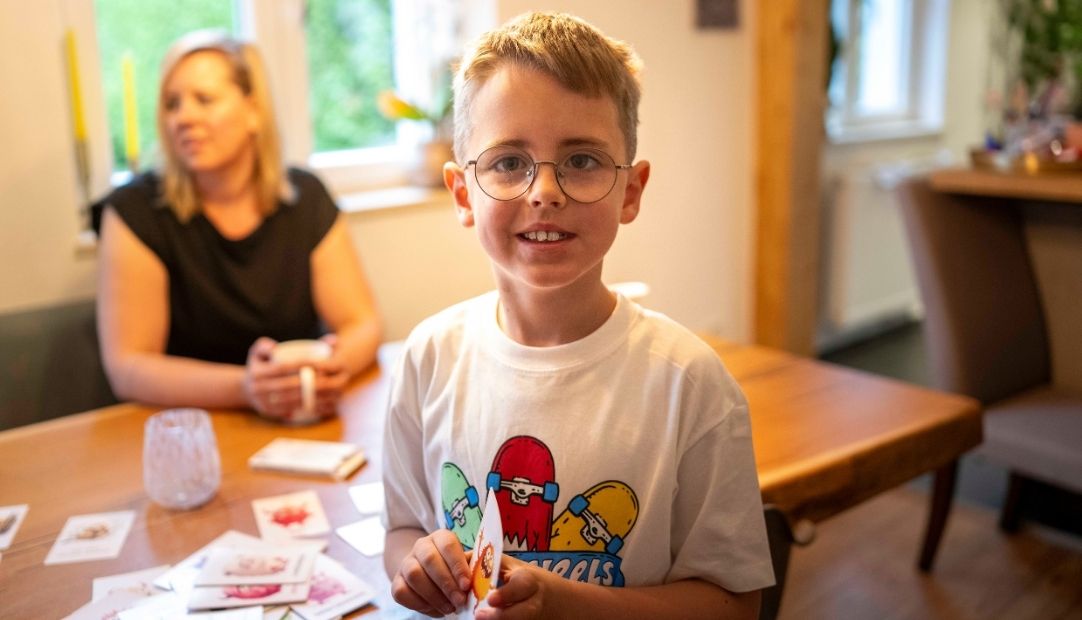Recognizing the Signs Early: Improving Outcomes for Children with Rare Liver Diseases
In a recent conversation, Professor Björn Fischler, paediatric hepatologist at the Karolinska Institute in Sweden, and Laure Dorey, Director of the French patient organisation AMFE and mother of a child living with biliary atresia (BA), together discussed the realities of living with rare liver diseases (RLDs) and the importance of early detection.
RLDs, including progressive familial intrahepatic cholestasis (PFIC), Alagille syndrome (ALGS), and BA, are complex and chronic conditions that can profoundly impact children and their families.
Often in RLDs, the flow of bile from the liver to the digestive tract is disrupted, a condition known as cholestasis. When bile becomes trapped in the liver, it causes inflammation, which can lead to scarring and may be associated with a gradual decline in liver function.i Bile acids, which are a key component of bile, can accumulate in the blood, enter the skin and irritate nerve endings.ii,iii
One of the challenges in diagnosing RLDs is that early symptoms can be subtle or misleading. Signs such as pale stools, jaundice (yellow skin and eyes), and pruritus (itching), are often overlooked or mistaken for more common childhood conditions.iv
“The most important signs in the very young child would be jaundice… They could also be in a slightly older infant itch or pruritus.” – Professor Björn Fischler
In BA, timing is crucial. Surgery to reroute the flow of bile in the liver within the first weeks of life can significantly improve outcomes.v In PFIC early diagnosis allows for more personalised care plans that help to relieve debilitating symptoms of itch and can preserve liver function.vi
The impact of RLDs goes beyond physical health. Children experiencing intense pruritus often struggle with sleep, appetite, growth, and energy levels.vii “They don’t sleep at night, maybe they don’t eat properly, and maybe they don’t grow properly,” explains Professor Fischler. “So they tend to be a bit weaker and a bit less motivated to do different activities.”
These challenges affect the wider family too. Parents often face emotional stress, sleep deprivation, and the constant demands of care. “It is actually detrimental for the whole family system,” he adds.
Supporting families with clear, reliable information and consistent care is essential. RLDs are complex, meaning caregivers need to become well-informed and proactive to advocate effectively for their child’s needs. Access to trusted information and open communication helps families feel more confident and better equipped to manage care.
“Parents need to feel that they are listened to, and they need to be supported,” – Laure Dorey.
Ipsen is committed to improving outcomes for people impacted by rare liver diseases. By working together with the community, we gain a deeper understanding of what matters most to them and how to best meet their needs. Through this collaboration, we strive to improve lives and transform the outlook for those living with rare liver disease.
Professor Björn Fischler and Laure Dorey were compensated by Ipsen for their time.




